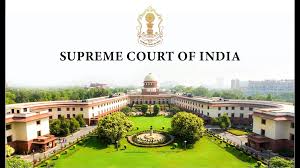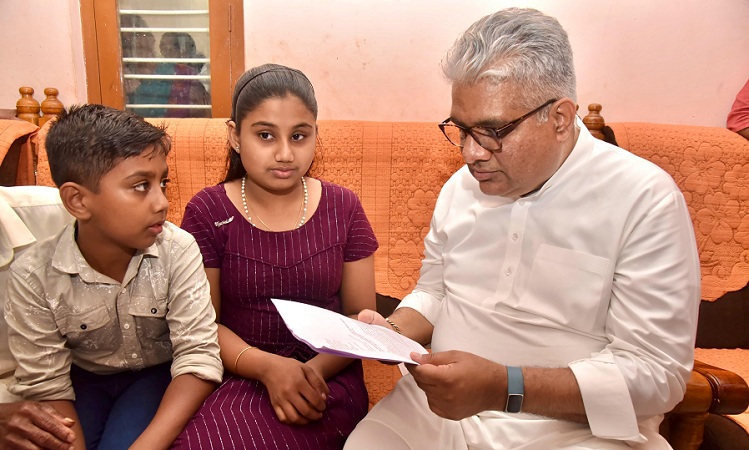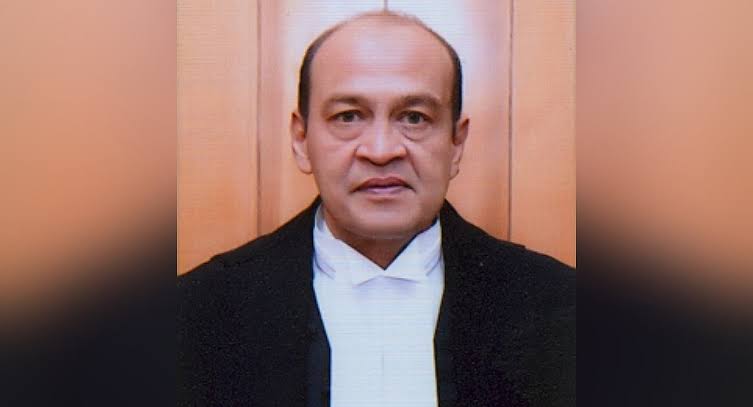The recent survey of the Shahi Jama Masjid in Sambhal, Uttar Pradesh, has raised serious concerns about how the Places of Worship Act, 1991 is being interpreted. The Supreme Court must step in to ensure consistency in its application, protect secularism, and address the unequal treatment of religious sites across India.
On November 19, a civil judge ordered a survey of the Shahi Jama Masjid, leading to violence that tragically claimed at least five lives. This incident has reignited debates about the Places of Worship Act, which was created to maintain the religious character of all places of worship as they existed on August 15, 1947.
The Act aims to prevent the conversion of a religious site of one community into that of another. Yet, despite its noble intent, questions remain about its enforcement and the challenges it faces in maintaining India’s secular fabric.




